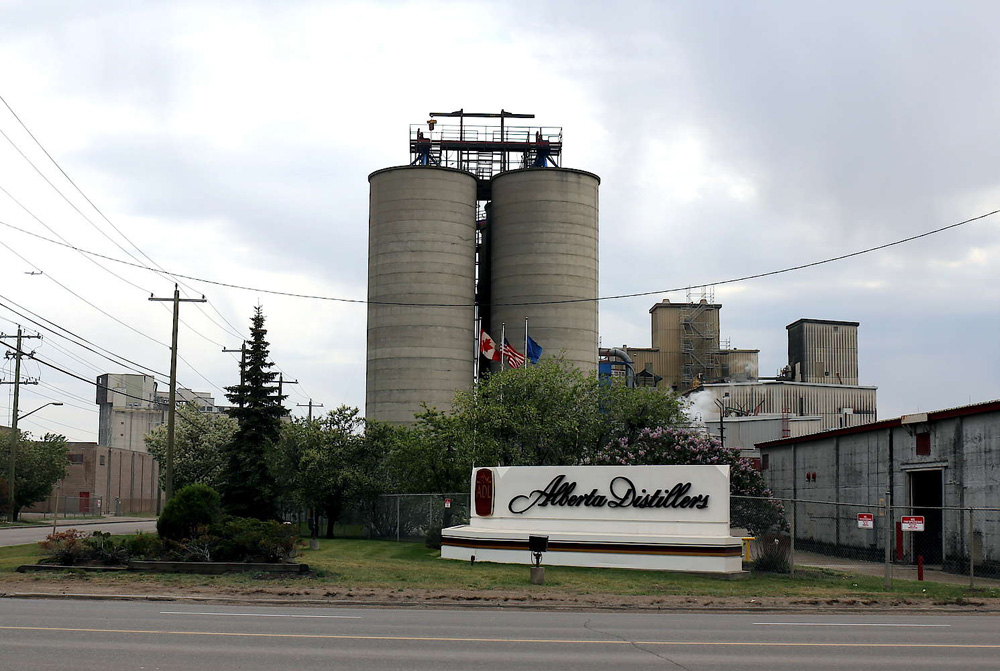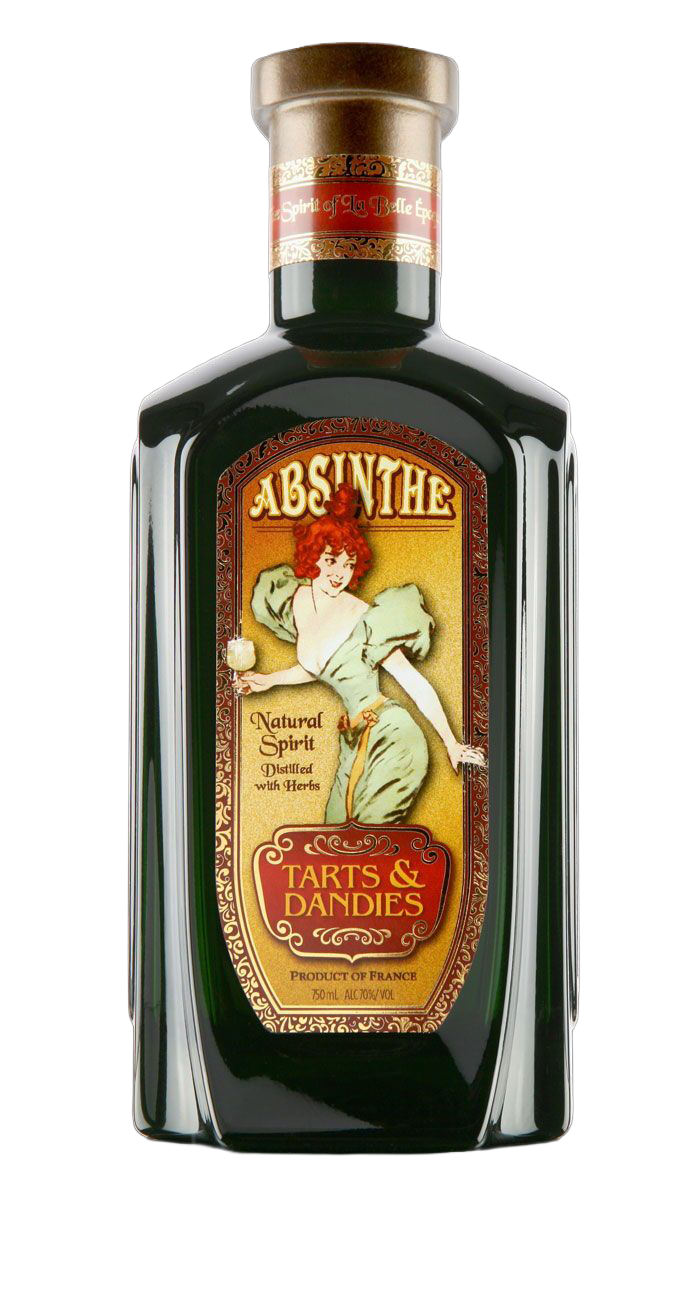In the squandered days of my callow youth, our world-class rye and barley crops were used mainly as cattle feed, with nary a thought given to craft beer or whiskies. Indeed, the tippling options were largely restricted to either Labatt Blue or Molson Canadian for the beer drinkers, and Canadian Club was the whisky of choice for those who bellied up to the bar to order a rye & coke.
Our craft distilling industry in Alberta is still less than a decade old, kickstarted by Turner Valley’s Eau Claire Distillery in 2014, who blazed a trail for small distillers that many more have followed.
The grandaddy of distillers in Western Canada is Alberta Distillers, located near the CP Rail trainyards in Calgary, where they have been distilling vodka and whisky from locally grown rye grains for 75 years.
Alberta Distillers was started in 1946 by local tycoons Max Bell and Frank McMahon, whose names you may have noticed on arenas and football stadiums in Calgary. Their most well-known spirit is Alberta Premium Whisky, a 100% rye whisky aged in oak for a minimum of 5 years before bottling, and a perennial best-seller across Canada.
Canadian whiskies have an international reputation of being based on rye grains, and our domestic distillers will often play up that misconception, in no small part due to our relatively lax labelling restrictions in Canada. For example, Scotch Whisky must be made from 100% malted barley, and American Bourbon Whiskey must be at least 51% corn. Canadian Whisky can be made from any grains, as long as they are fermented, distilled, and aged here in Canada. In other words, that so-called rye whisky in your liquor cabinet might be 99% corn and only 1% rye.
Alberta Distillers are unique, making a 100% rye whisky, which produces a whisky with a much more intense and spicy flavour profile, closer to the Islay Scotch whiskies than the more typically mild-flavoured Canadian whiskies.
Alberta Distillers also makes use of both pot stills and column stills in the distillation process. Scottish distillers prefer the older pot stills for the more intense flavours, while Irish distillers prefer column stills that produce a cleaner spirit with fewer congeners, making Alberta Distillers a sort of hybrid of both styles.
Like most large operations, Alberta Distillers does make use of column stills for their higher efficiency, with a smaller portion of spirits distilled on the older pot stills to retain more of the spicy finish from the rye grains, making it popular with the whisky snobs of the world.
In fact, Alberta Premium won the coveted World Whisk(e)y of the Year Award in 2020, beating out 1252 other entries around the world, marking the second time in history that a Canadian distiller has won this prestigious award.
While Alberta Distillers is celebrating its 75th anniversary this year, it remains Albertan in name only, having been acquired in 1980 by the Illinois-based Beam Inc conglomerate, owners of Jim Beam Kentucky Bourbon, Canadian Club, Laphroig, and many more. Consolidation in the spirits industry seems to be constant, so it was unsurprising when Beam Inc was acquired by Osaka-based Suntory Holdings, who have controlled most of the Japanese liquor market for more than a century.
Booze conglomerates are the rule rather than the exception, with all of the biggest distilleries and breweries in Canada being foreign-owned, with a few oligopolistic industry giants essentially a necessity to compete in worldwide markets through economies of scale in purchasing, distribution, and marketing.
While most of their after-tax profits now flow outside our borders, Alberta Distillers still creates many local jobs, not just in the distillery itself, but throughout the farm to glass supply chain, and they have long been a model corporate citizen in Alberta.
Alberta Premium is a bargain-priced whisky, widely available in the $20-25 range for the mainstream 5 year old bottling, with the more rare 10 year and 20 year bottlings command prices as high as $90. With the recipe unchanged for 75 years, you might just be drinking the same rye & coke that your daddy and his daddy before him enjoyed.
As a dyed-in-the-wool whisky snob, I prefer my whisky to be served neat, unsullied by sugary cola mixers that overpower the subtle textures of the spirit, so if you have always mixed your rye with coke, please give this one a try without the mixer!







